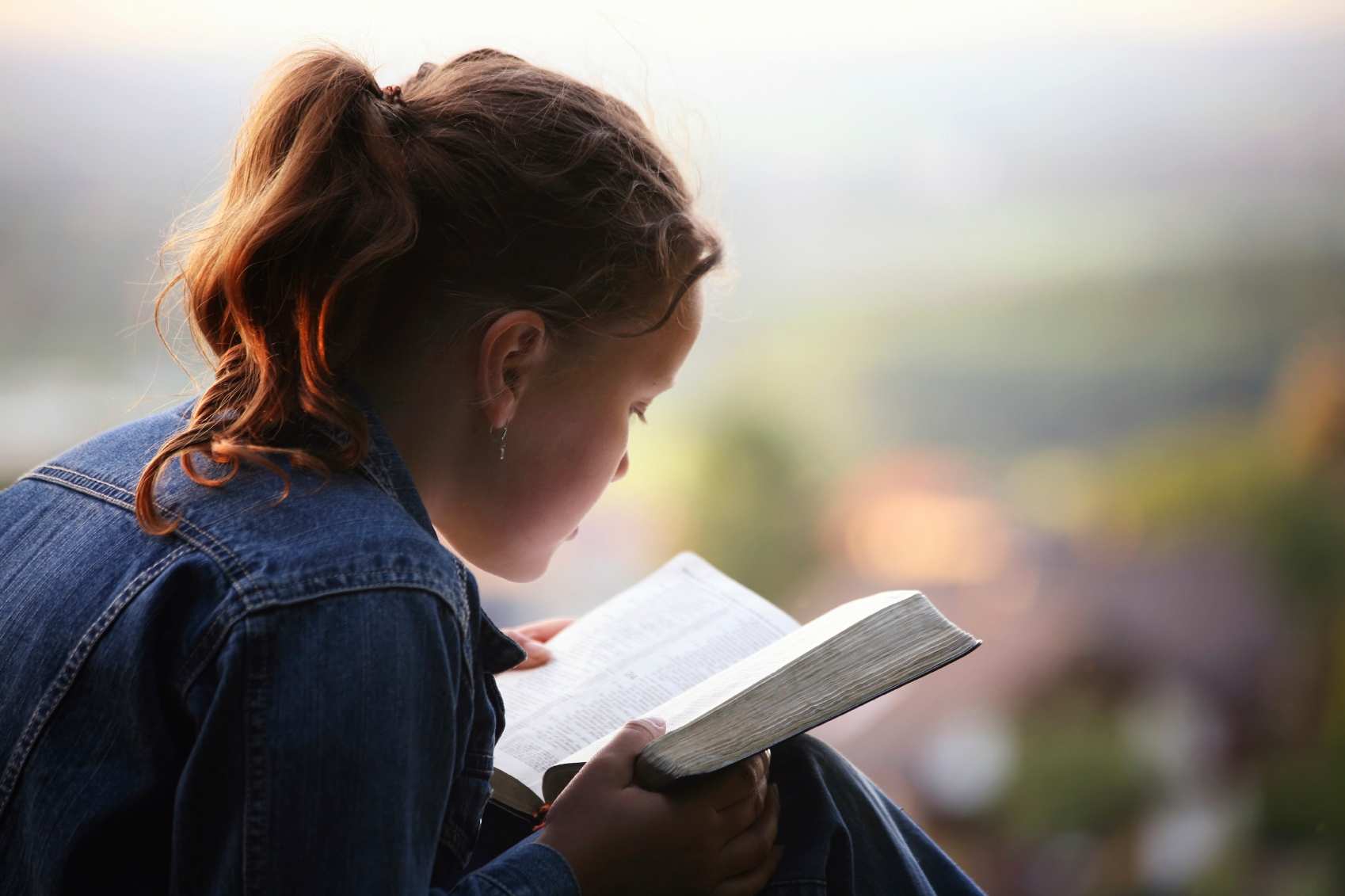
Ask a teenager what his or her favorite verse is, and you might get a cute answer, like Psalm 127:2, or at least select parts of that verse:
“It is no use for you to get up early ... working for a living. The Lord gives sleep to those he loves.”
NCV
At least that’s the answer my 16-year-old niece gave when choosing a verse to be printed on her varsity letter jacket.
If you’re a dad asking the favorite verse question early in the morning, you might get this sarcastic answer from your teenager:
“Fathers, do not exasperate your children.”
Eph. 6:4a, NIV
Or maybe your teenager’s most loved Scripture verse is found in 1 Kings 18:27 (ESV) when Elijah is making fun of the prophets of Baal, telling them their god is not answering their prayers because he’s probably busy using the toilet.
Something happens between the ages of 9 and 12 that seems to flip a switch, at least for a time. Our sweet children who once sang with conviction, “The B-I-B-L-E, yes, that’s the book for me,” become teenagers and typically treasure God’s Word only when it’s funny, or for about one week out of the year at youth camp.
Oh well, at least they’re searching the Scriptures. Right?
We All Have Excuses
Truth be told, teenagers are really no different than adults when it comes to their attitudes regarding God’s Word. They have the same reasons we do for not reading their Bibles:
"I don’t have time." (Parents: Learn how to maximize the "fringe hours.")
"I don’t see how it applies to my life."
"It’s boring."
"It’s too confusing."
These excuses are common, and some of them might even be true. But it’s also true that none of our excuses can ever outweigh or overcome the value and necessity of God’s Word in our daily lives.
5 Ways to Help Your Kid Fall in Love with Scripture
Here are five ways to help your teenager learn to treasure God’s Word (and these will blow up their excuses for not reading it, too):
1. The Bible is hands-down, the best Book ever.
We don't read the Bible because it's an item on our checklist. We read it because it's the best Book ever. Reading the Bible isn’t a chore you have to do, like homework, washing the dishes or mowing the lawn. We get this messed up all the time, and sometimes mistakenly present Bible reading as though it is an item to mark off a daily list. It’s not. Maybe instead of pushing a “daily quiet time,” you could start by grabbing a Bible to search Scripture together when your teenager has questions, heartaches or struggles. (TIP: If you need advice for buying your next Bible, check out our official Bible buying guide.)
2. Reading the Bible is rebellious.
“If you really want to be a rebel, read your Bible, because no one’s doing that. That’s rebellion. That’s the only rebellion left.” That’s a quote from Lecrae’s song “Rebel.” That’s right, it’s not just parents and preachers who think reading the Bible is important; Lecrae thinks so, too.
3. Reading Scripture is NOT the Pythagorean Theorem.
When learning high school math, teenagers want to know, “When am I going to ever use this?” The Bible isn’t like that. It is full of stories and truths that you need every single day of your life.
4. Reading the Bible will help them get a girl (or guy).
Before you start silently arguing about this, hear me out. Your teenager needs to know God’s Word will help him or her become the type of person another godly person will one day want to marry. This is not to say that God has plans for every teenager to get married, but the subject does cross each of their minds. Even if they’re not dating, most of them are thinking about it. Their instruction about relationships shouldn’t come from listening to Drake or watching “The Bachelor.”
5. Explain the benefits of Scripture.
It’s like a mirror. And a hammer. And an LED lamp. This is where it gets a bit uncomfortable. We want the Bible to be like a selfie, using filters and crop tools to ignore the imperfections and feel good about ourselves. But the Word of God doesn’t work like that. The Bible shows us who we are and where we need to make changes (Jas. 1:23-25), breaks apart the hard places of our hearts (Jer. 23:29), and illuminates the way we should go (Ps. 119:105).
Article courtesy of Parenting Teens magazine.